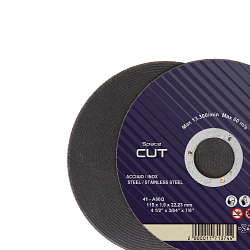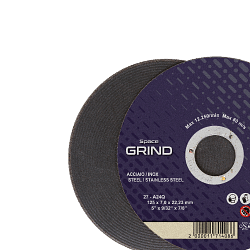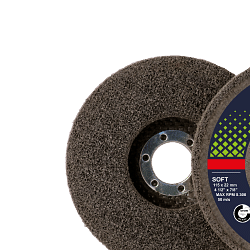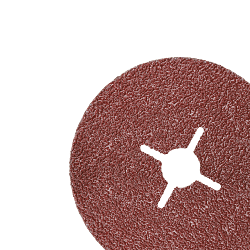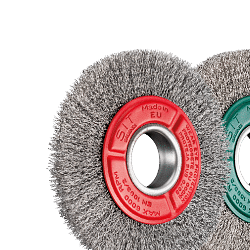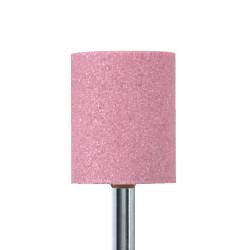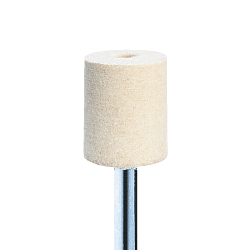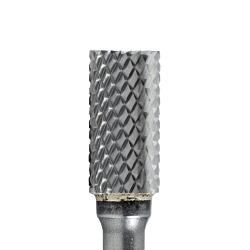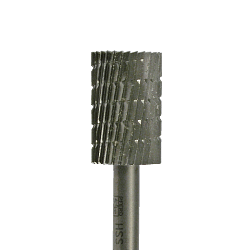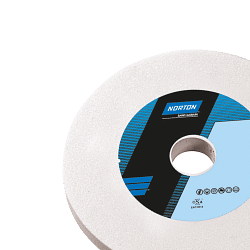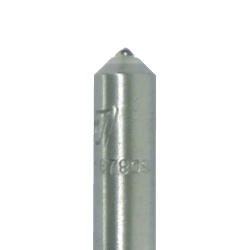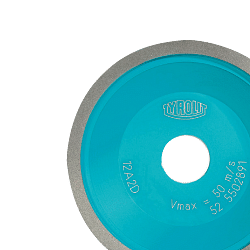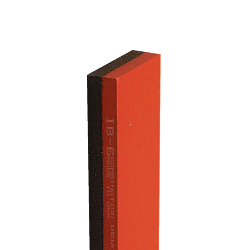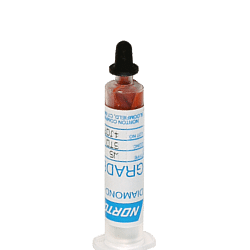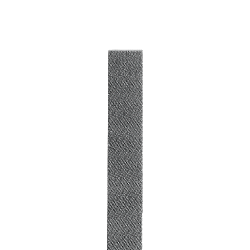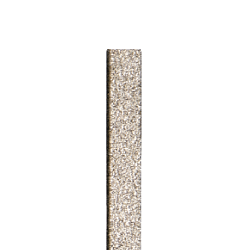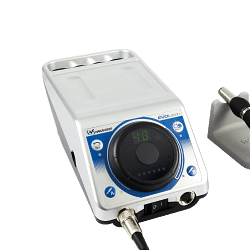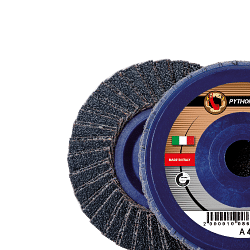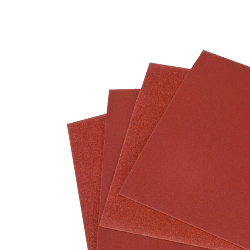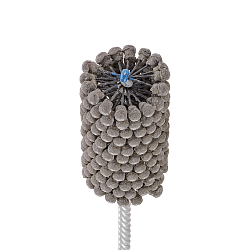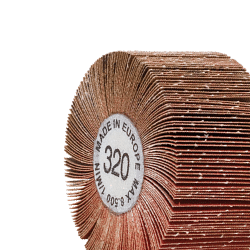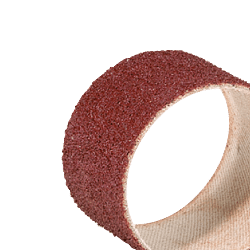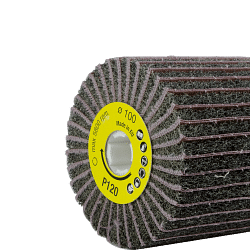Register and use the discount code NEWWELCOME to get 10% off on your first purchase. GET DISCOUNT.
Register and use the discount code NEWWELCOME to get 10% off on your first purchase. GET DISCOUNT.
Register and use the discount code NEWWELCOME to get 10% off on your first purchase. GET DISCOUNT.
Free shipping in 24h from 200€
Catalogues
Customer service
How can we help you?
- Faq
- Customer service
02.927371
- Supporting big orders
02.38298620
-
info@linkindustrialtools.it
- Request assistance with form
Or contact us with the chat in the lower right corner
- All products
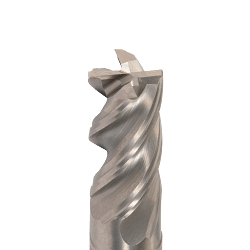 Integral cutting tools
Integral cutting tools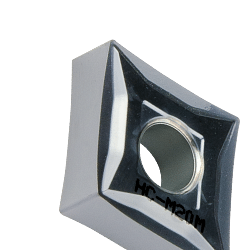 Turning tools
Turning tools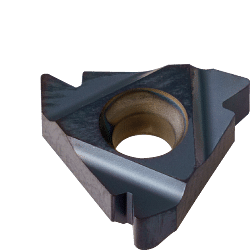 Thread tools
Thread tools Thread tools
Thread tools- All products
- Thread inserts
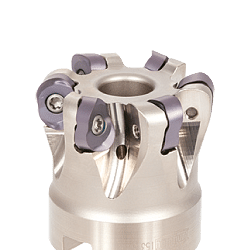 Milling cutters
Milling cutters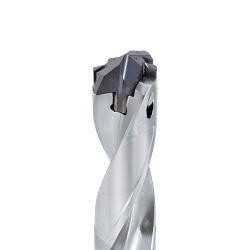 Drilling tools
Drilling tools Drilling tools
Drilling tools- All products
- Indexable drill bits
- Indexable drill heads
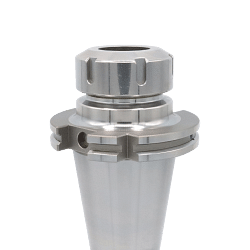 Clamping systems
Clamping systems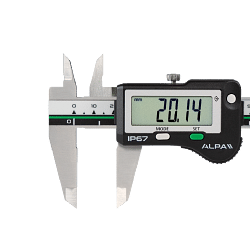 Measuring and precision tools
Measuring and precision tools Measuring and precision tools
Measuring and precision tools- All products
- Digital calipers with readings to 0.01
- Analogue calipers
- Digital micrometers
- Analogue micrometers
- Bore gauges
- Snap gauges
- Digital gauges
- Analogue gauges
- Touch probes
- Zero setters and edge finders
- Inspection plates
- Altimeters
- Height gauges
- Squares and levels
- Threaded rings
- Gauge blocks
- Calibrated tapes and thickness gauges
- Digital and analogue hardness testers
- Roughness testers
- Microscopes, lenses and visors
- Digital thermo-hygrometer to measure moisture
- Reset benches
- Optical profile projector
- Professional, digital dynamometers
- Laboratory scales
- Digital amperometric pliers
- Thickness and adhesion gauges
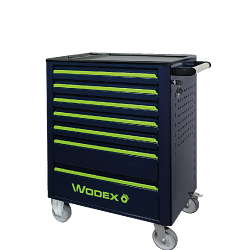 Hand tools
Hand tools Hand tools
Hand tools- All products
- Combination wrenches
- Spanners
- Hook wrenches
- Tubular wrenches
- Hexagon keys
- Torx wrench
- Socket wrenches
- Screwdrivers
- Torque wrenches
- Torque screwdriver
- Inserts and bits for screw drivers
- Tool trolleys
- Workshop pliers
- Wire strippers
- Cable strippers
- Cutting nippers
- Professional scissors
- Nippers
- Professional shears
- American or Swedish pipe wrench
- Adjustable wrench
- Pipe tools
- Pipe cutter for plumber
- Cutter
- Hacksaws
- Deburring tools
- Chisels
- Hammers and mallets
- Mechanical and conical pullers
- Clamps
- Tap wrenches and die stocks
- Riveters
- Flexometers
- Tape measures
- Markers
- Flat squares and rulers
- Professional dividers
- Professional protractors
- Brushes
- Lubricators and spray nozzles
- T-wrenches
- Reversible ratchets
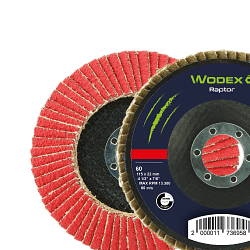 Abrasives
Abrasives Abrasives
Abrasives- All products
- Cutting discs
- Deburring grinding wheel
- Flap discs
- Fabric discs for surface treatment
- Abrasive fibre discs with Velcro
- Abrasive cloth in rolls, sheets and bands
- Flap wheels with pin and abrasive wheel with hole
- Abrasive wheels for buffing machines
- Abrasive spiral bands
- Abrasive brushes
- Flexible sanders
- Mounted grinding discs
- Polishing felt
- Solid carbide rotary cutters
- HSS rotary cutters
- Abrasive wheels for sharpening and grinding
- Diamond grinding wheels
- Grinding stone
- Diamond paste
- Abrasive stones
- Files and rasps
- Diamond files
- Grinders and polishing equipment
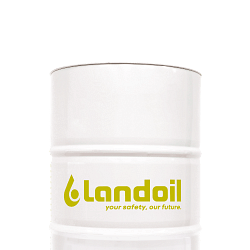 Lubricants for machine tools
Lubricants for machine tools Lubricants for machine tools
Lubricants for machine tools- All products
- Water-miscible coolants
- Neat cutting oil
- Minimal lubrication systems
- Oil for guides and slides
- Drums of hydraulic oil fluid
- Anti-freeze for machine tools
- Air coolers
- Oil separator
- Powders and absorbents for oil
- Aspirators for oil mist
- Accessories for cooling lubricants
- Metal and mould protectors
- Grease and paste
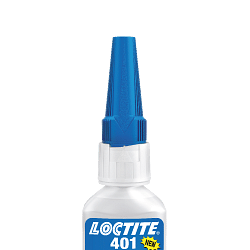 Chemical, adhesives and sealants
Chemical, adhesives and sealants Chemical, adhesives and sealants
Chemical, adhesives and sealants- All products
- Acrylic, cyanoacrylate and epoxy adhesives
- Guns and silicon sealant
- Threadlocker
- Sealants and retainers
- Release agents, lubricants and anti-seize
- Zinc spray and polishes
- Lubrication accessories
- Protections for maintenance
- Industrial Cleansing
- Handwash
- Industrial cloths and rags
- Welding machines
- Electrodes
- Clamps, shields and welding masks
- Antispatter
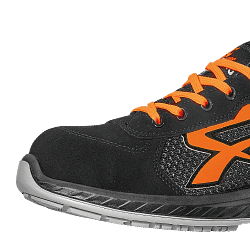 Safety equipment
Safety equipment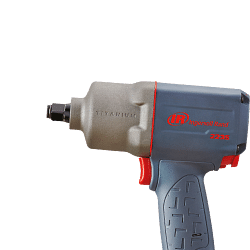 Pneumatics
Pneumatics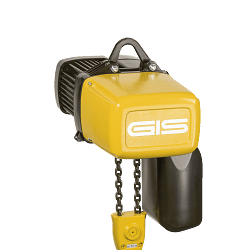 Lifting systems
Lifting systems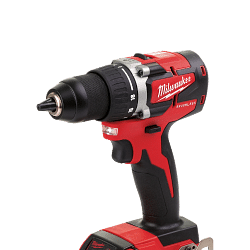 Workshop equipment
Workshop equipment Workshop equipment
Workshop equipment- All products
- Column and bench drills
- Accessories for lathes
- Band saws
- Cut-off machines
- Bench grinders
- Power tools
- Spare parts and accessories for Power Tools
- Saws and hole cutters: wood, metal and plasterboard
- Tapered cutters for sheet metal
- Industrial aspirators
- Fume aspirators
- Bench vices
- Technical lamps
- LED torches
- Industrial cable winders
- Trolley wheels
- Quick clamps
- Threaded inserts
- Control knobs
- Packaging accessories and material
- Belt sanders
- Electric tapping machines
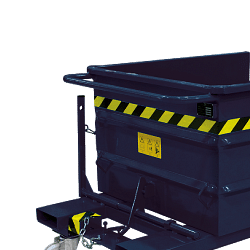 Furnishings and storage
Furnishings and storage Furnishings and storage
Furnishings and storage- All products
- Work benches
- Swivel chairs for office use
- Drawer units for workshops
- Industrial cabinets for warehouses and workshops
- Tool cabinets
- Security cabinets
- Changing room cabinets
- Containers for small metal parts
- Scrap holders
- Workshop trolleys
- Spill pallets for drum storage
- Shelves for warehouses and offices
- Cantilever shelving
- Aluminium ladders
- Modular plinths
- Units and cabinets for waste recycling
 Brand
BrandPromotions
 Bestseller
Bestseller- Catalogues
-
Catalogues
Customer service
How can we help you?
- Faq
- Customer service
02.927371
- Supporting big orders
02.38298620
-
info@linkindustrialtools.it
- Request assistance with form
Or contact us with the chat in the lower right corner
< Abrasives
Abrasive wheels for sharpening and grinding
Grinding and honing wheels are an essential element in modern machine shops. Although these tools may seem simple at first sight, they are the result of continuous technological innovation and a deep understanding of the specific needs of the sector. Their importance cannot be underestimated, as they directly influence the quality and efficiency of metalworking processes.
The essence of abrasive wheels
Abrasive wheels are precision tools designed to sharpen and grind metal surfaces. They consist of an abrasive material bonded together by a binder, which can be organic or inorganic in nature. The choice of abrasive material and bond is crucial, as it determines the properties of the grinding wheel, such as hardness, wear resistance and cutting capacity.
Functionality and applications
Grinding and honing wheels find application in a wide range of industries. They are used to sharpen cutting tools, such as cutters and drills, and to grind metal surfaces, ensuring a smooth and precise finish. Their ability to remove excess material and create perfectly flat surfaces makes them indispensable in production processes that require tight tolerances.
Advantages of grinding wheels
The use of abrasive wheels offers numerous advantages. First of all, they enable high precision, which is essential for the production of high-quality mechanical components. Furthermore, thanks to their ability to work at high speeds, they improve the efficiency of production processes, reducing machining times. Grinding wheels are also versatile, adapting to different applications and materials, making them a worthwhile investment for machine shops.
Choosing the right abrasive wheel
Selecting the appropriate grinding wheel is a complex process that requires a thorough understanding of the specific needs of the application. Factors such as the type of material to be machined, the speed of rotation of the grinding wheel and the desired finish must be carefully considered. Grinding wheels come in different shapes and sizes, each designed for a specific application. For example, cylindrical wheels are ideal for grinding flat surfaces, while conical wheels are more suitable for sharpening cutting tools.
Maintenance and safety
Maintenance of grinding wheels is essential to ensure optimum performance and operational safety. It is important to check grinding wheels regularly for signs of wear or damage. In addition, the use of personal protective equipment, such as goggles and gloves, is essential to prevent injuries when using grinding wheels. Workshops must also ensure that the grinding wheels are mounted correctly and that the machines are adjusted according to the manufacturer's specifications.
Innovations in the grinding wheel sector
In recent years, the grinding wheel sector has seen significant technological innovations. The introduction of new abrasive materials, such as cubic boron nitride and polycrystalline diamond, has improved the performance of grinding wheels, allowing them to machine harder and more resistant materials. In addition, the automation of grinding and honing processes has increased precision and efficiency, while reducing operating costs.
Frequently asked questions
Many industry professionals ask questions about the use and maintenance of grinding wheels. One of the most common questions concerns the service life of grinding wheels. The service life of an abrasive wheel depends on various factors, including the type of material being processed, frequency of use and operating conditions. It is important to follow the manufacturer's recommendations to maximise the life of the grinding wheel.
Another frequently asked question concerns the choice of abrasive material. The choice depends on the type of material to be machined and the specific application. For example, for machining hard steels, grinding wheels with silicon carbide or aluminium oxide abrasives are recommended.
Conclusions
Grinding and honing wheels are essential tools in machine shops, offering precision, efficiency and versatility. Understanding their characteristics and applications is crucial to optimising production processes and ensuring the quality of finished products. As abrasive technologies continue to evolve, workshops can expect further improvements in performance and efficiency, making grinding wheels a key element for success in the industry.
Read More Read LessThe essence of abrasive wheels
Abrasive wheels are precision tools designed to sharpen and grind metal surfaces. They consist of an abrasive material bonded together by a binder, which can be organic or inorganic in nature. The choice of abrasive material and bond is crucial, as it determines the properties of the grinding wheel, such as hardness, wear resistance and cutting capacity.
Functionality and applications
Grinding and honing wheels find application in a wide range of industries. They are used to sharpen cutting tools, such as cutters and drills, and to grind metal surfaces, ensuring a smooth and precise finish. Their ability to remove excess material and create perfectly flat surfaces makes them indispensable in production processes that require tight tolerances.
Advantages of grinding wheels
The use of abrasive wheels offers numerous advantages. First of all, they enable high precision, which is essential for the production of high-quality mechanical components. Furthermore, thanks to their ability to work at high speeds, they improve the efficiency of production processes, reducing machining times. Grinding wheels are also versatile, adapting to different applications and materials, making them a worthwhile investment for machine shops.
Choosing the right abrasive wheel
Selecting the appropriate grinding wheel is a complex process that requires a thorough understanding of the specific needs of the application. Factors such as the type of material to be machined, the speed of rotation of the grinding wheel and the desired finish must be carefully considered. Grinding wheels come in different shapes and sizes, each designed for a specific application. For example, cylindrical wheels are ideal for grinding flat surfaces, while conical wheels are more suitable for sharpening cutting tools.
Maintenance and safety
Maintenance of grinding wheels is essential to ensure optimum performance and operational safety. It is important to check grinding wheels regularly for signs of wear or damage. In addition, the use of personal protective equipment, such as goggles and gloves, is essential to prevent injuries when using grinding wheels. Workshops must also ensure that the grinding wheels are mounted correctly and that the machines are adjusted according to the manufacturer's specifications.
Innovations in the grinding wheel sector
In recent years, the grinding wheel sector has seen significant technological innovations. The introduction of new abrasive materials, such as cubic boron nitride and polycrystalline diamond, has improved the performance of grinding wheels, allowing them to machine harder and more resistant materials. In addition, the automation of grinding and honing processes has increased precision and efficiency, while reducing operating costs.
Frequently asked questions
Many industry professionals ask questions about the use and maintenance of grinding wheels. One of the most common questions concerns the service life of grinding wheels. The service life of an abrasive wheel depends on various factors, including the type of material being processed, frequency of use and operating conditions. It is important to follow the manufacturer's recommendations to maximise the life of the grinding wheel.
Another frequently asked question concerns the choice of abrasive material. The choice depends on the type of material to be machined and the specific application. For example, for machining hard steels, grinding wheels with silicon carbide or aluminium oxide abrasives are recommended.
Conclusions
Grinding and honing wheels are essential tools in machine shops, offering precision, efficiency and versatility. Understanding their characteristics and applications is crucial to optimising production processes and ensuring the quality of finished products. As abrasive technologies continue to evolve, workshops can expect further improvements in performance and efficiency, making grinding wheels a key element for success in the industry.


